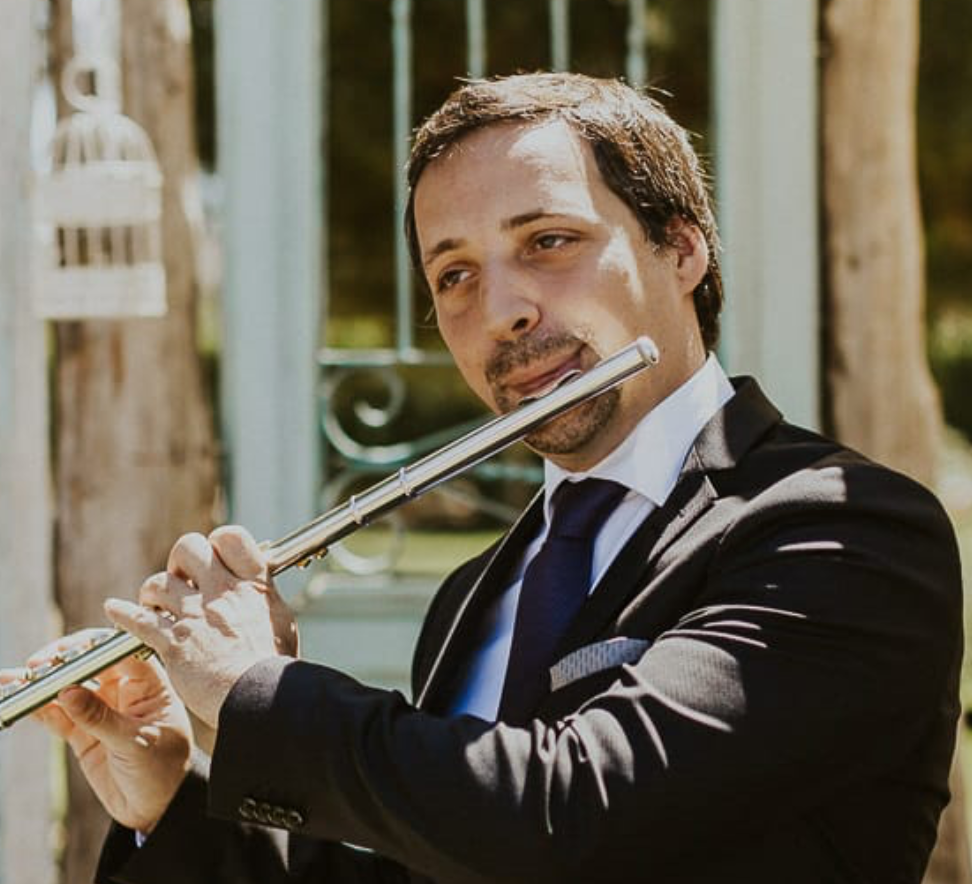
alexis finet
Department of Modern Languages and linguistics
College of Arts And Sciences
Alexis Finet is a final-year doctoral student in French and Francophone studies. His research focuses on literatures and thoughts of both the Congo and Amazon Rivers. Recently, and he also undertook research in the effects of gamification in the language classroom. Alexis has taught French and music internationally at FSU since 2016. He has always strived to reflect on the best ways to build a community within his classroom to efficiently engage all students, using his eclectic background to serve his teaching in the best possible ways. Music has always been a part of Alexis’ life since his youngest age, and he has played in many ensembles and various genres over the years, both on flutes (transverse flute, whistles, recorder) and guitar, at times experimenting on other instruments as well. Alexis was nominated for the OTAA for both the Fall of 2020 and 2021 and is honored to have been selected for this year’s award. In the Summer of 2022, he will be teaching for the first time a Spanish lower-level course to cap his Tallahassee journey. He will be moving to Nashville next year, to start teaching French at Vanderbilt University.
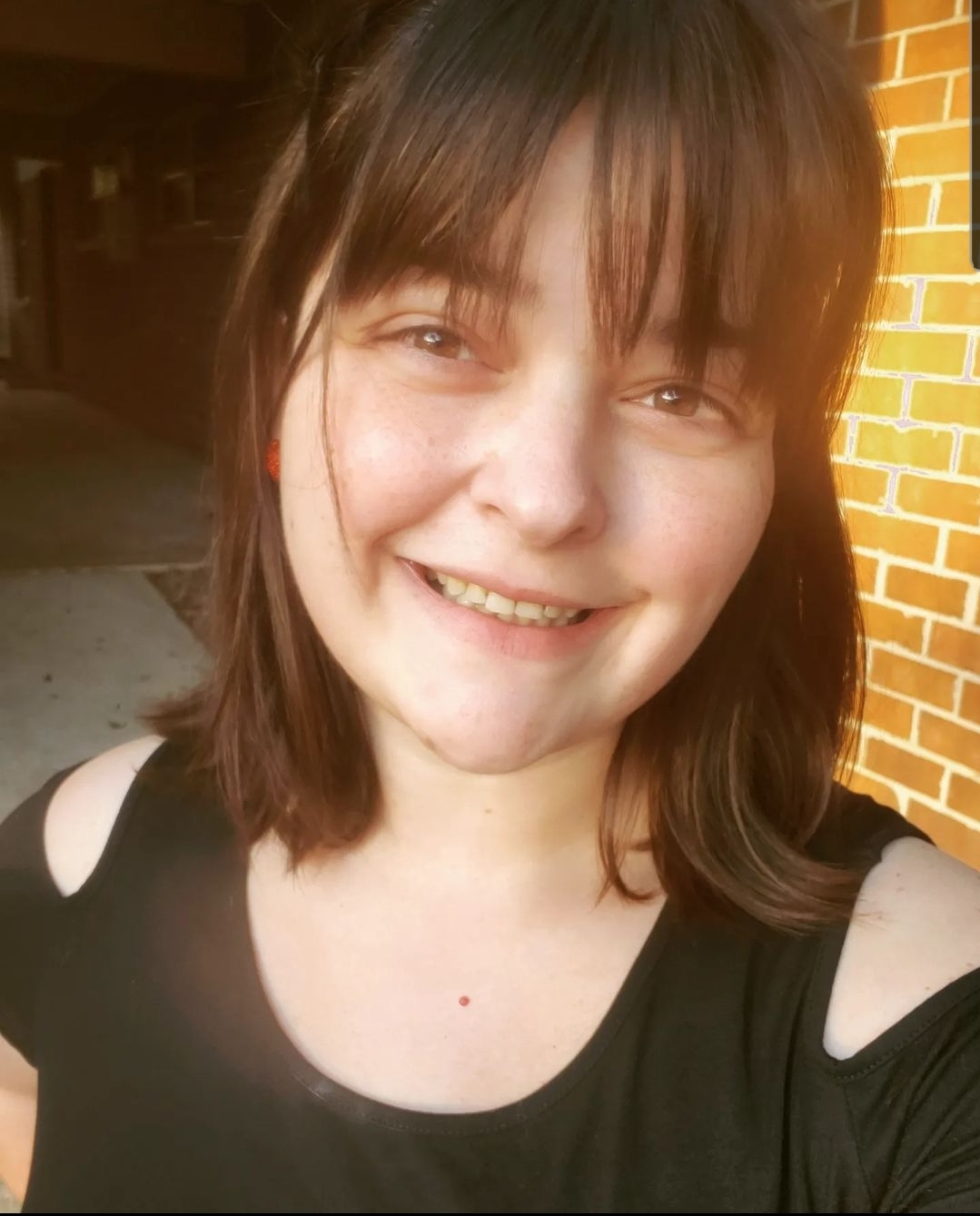
Rebekah j. gordon
Department of Religion
College of Arts and Sciences
Rebekah J. Gordon is a 4th year PhD student in the Religion, Ethics, and Philosophy track of FSU’s Department of Religion. She holds a dual B.A. in Bible & Theology and Religious Studies from Johnson University and a M.A. in Philosophy of Religion from the University of Denver. Her research interests exist at the intersection of American Political Philosophy, Religious Ethics, and discourses on identity. She has articles in the Journal for Cultural and Religious Theory, Journal for the Anthropology of North America, and the Journal of Theta Alpha Kappa as well as several upcoming chapters in edited collections, an upcoming article for The National Teaching & Learning Forum, and an educational spoken word album collaboratively produced on the topic of prison abolition, accessible at https://bit.ly/RebelDreams. Yet she still firmly believes “the classroom remains the most radical space of possibility in the academy” and has been privileged to see that possibility in the students in her section of REL 3112: Religion and 20th Century Fantasy Literature.
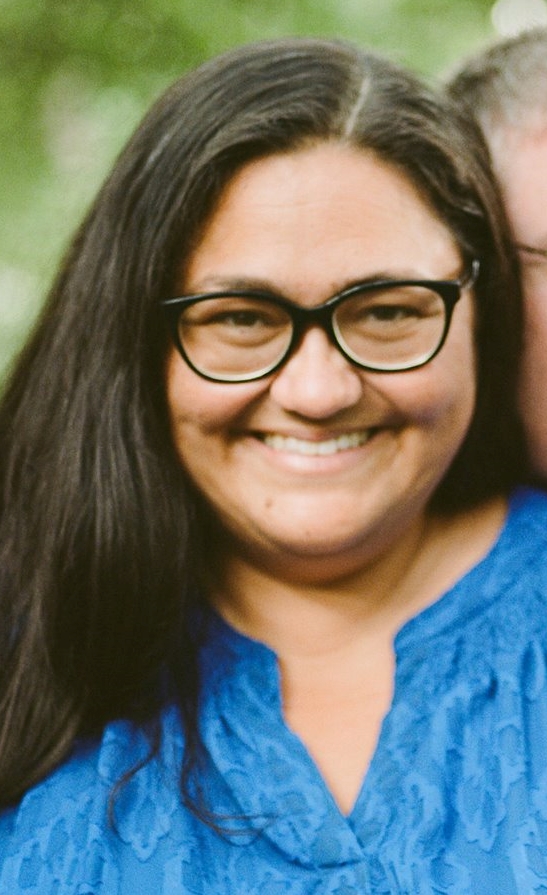
Sunshine Jacobs
Department of Sociology
College of Social Sciences & Public Policy
Sunshine Jacobs is a fourth-year PhD candidate in Sociology with a Demography focus. She received her Interdisciplinary Social Science degree from Florida State University. Her research areas of interest include racial and ethnic identity formation, as well as climate migration with a focus on vulnerable populations and demographic consequences for origins and destinations of multiple climatic hazards including sea-level rise, wildfires, and heat events. She is active in FSU’s International Honor Society of Sociology, Alpha Delta Kappa, and Tallahassee’s Sociologists for Women in Society chapter, and she is a founding member and active representative in the Indigenous Peoples and Native Nations Section of the American Sociological Association. Sunshine is passionate about creating accessible collaborative learning spaces that challenge students to engage critically with the world around them. She has a wide variety of teaching experiences as she has taught every level from preschool to university over the last two decades in subjects that range from physics and math to art and Spanish. She is humbled by the incredibly thoughtful and hardworking undergraduate students at Florida State University who rise to the challenges she presents in her classes every week.
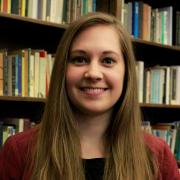
Melissa Ludke
Department of Classics
College of Arts and Sciences
Melissa Ludke is a doctoral candidate studying Roman Archaeology at Florida State University with an interest in numismatics, ancient economy and trade, and urban life, spanning the Republican to mid-Imperial periods. Her dissertation focuses on socio-economic interconnectivity and interactions between the Latin colony of Cosa and other cities in Central/South Etruria during the Middle Republic. She has been a member of the staff at Cosa Excavations since 2016. She currently teaches Debates About the Past: Greek Civilization, History, and Culture, and has taught various courses in the Department of Classics since 2016.
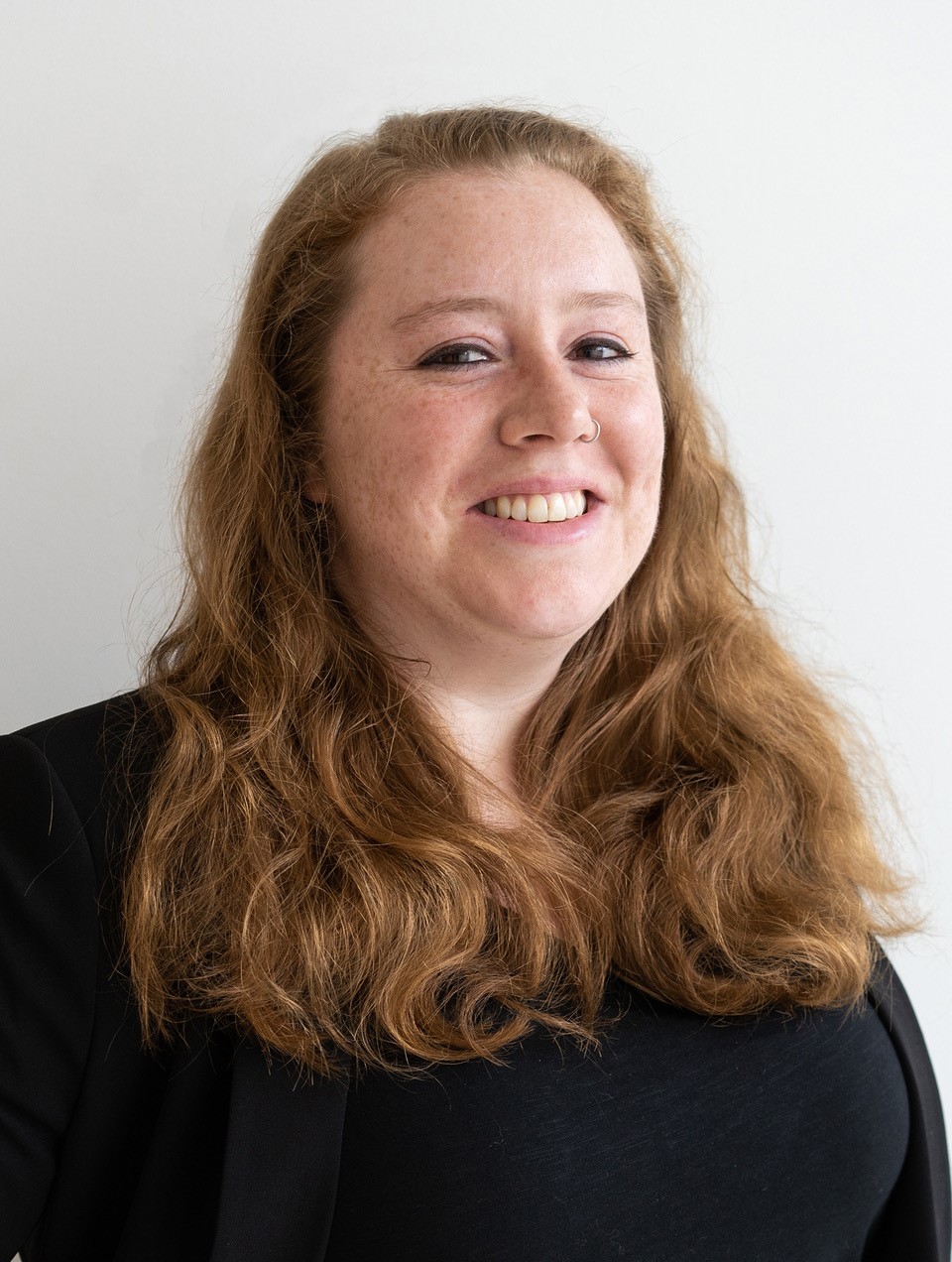
Sarah Mathiesen
Department of Art History
College of Fine Arts
Sarah Mathiesen is a fifth-year doctoral candidate in Art History. She earned her B.A. in Art History with a double minor in Classics and History, as well as an M.A. in Art History at Tulane University. Sarah is a medieval art historian with a focus on the arts and architecture of the Byzantine Empire. Her research focuses on constructions of identity; in her dissertation she examines the monumental decorative program of the rock-cut church, Yılanlı Kilise, as part of a rich contact zone between multiple cultures of the eastern medieval world, from Byzantium to the Islamic Caliphates, Georgia, and Armenia. At FSU, Sarah is a Legacy Fellow, a member of the Graduate Fellows Society, and Co-Director of the Medieval Studies Workshop. In 2019–20 she served as a university-wide Program for Instructional Excellence Teaching Associate. Outside of FSU, Sarah is a member of the Student Committee of the International Center of Medieval Art (ICMA) and co-chairs the ICMA’s new Oral History Project. Through her teaching, Sarah encourages students to recognize the power of visual and material culture–art, architecture–to create and define our world. She prepares students to leave the classroom empowered to look critically–to look again, and always to look at least once more–at their world.
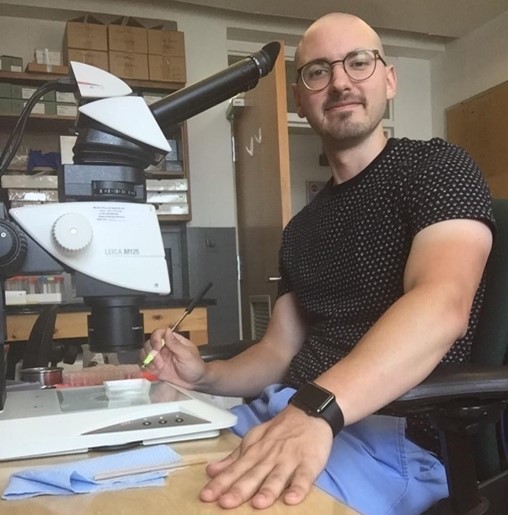
Aaron Ridall
Department of Biological Science: Ecology & Evolution
College of Arts and Sciences
Aaron Ridall is a third-year doctoral candidate in the Department of Biological Science: Ecology & Evolution. Aaron’s passion for science education started young and led him to earn a BA in Biology and an initial teaching certification in Biology and General Sciences, as well as an MSEd in Adolescent Biology Education and a professional teaching certification. Aaron’s research in Biology education focused on metacognition in college students, as well as feedback strategies that teachers can incorporate to improve grading transparency in the classroom. After working for three years as a public-school teacher and two years as Teaching Faculty at the United States Military Academy Preparatory School, Aaron decided to return to school to pursue his PhD with a focus on the effects of microplastics pollution on coastal ecosystem function. At FSU, Aaron has served as a teaching assistant for a variety of courses in the biology department, and as the honcho for Biology 2 Laboratory, where he developed computer-based laboratory experiments during the first year of virtual learning. Aaron is interested in connecting teaching assistants with current pedagogies and best-practices in biology education, and he has hosted a workshop for the Program of Instructional Excellence (PIE) on how to use feedback effectively in the classroom. Aaron is also passionate about getting students to love learning, regardless of the content, and uses strategies like gamifying learning and analogy-enhanced pedagogy to support his teaching. His professional goals are to support meaningful change in the way undergraduate science courses are taught, even with large class sizes, and to model teaching strategies that reflect the current literature.

